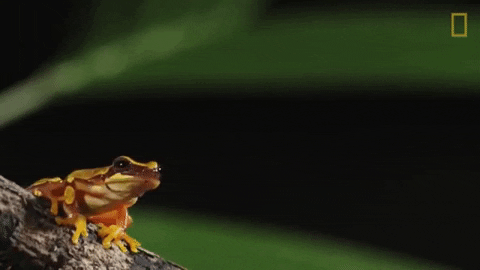

PodMov Daily: Tuesday, May 4
Episode 421: Testing, One Two-sday
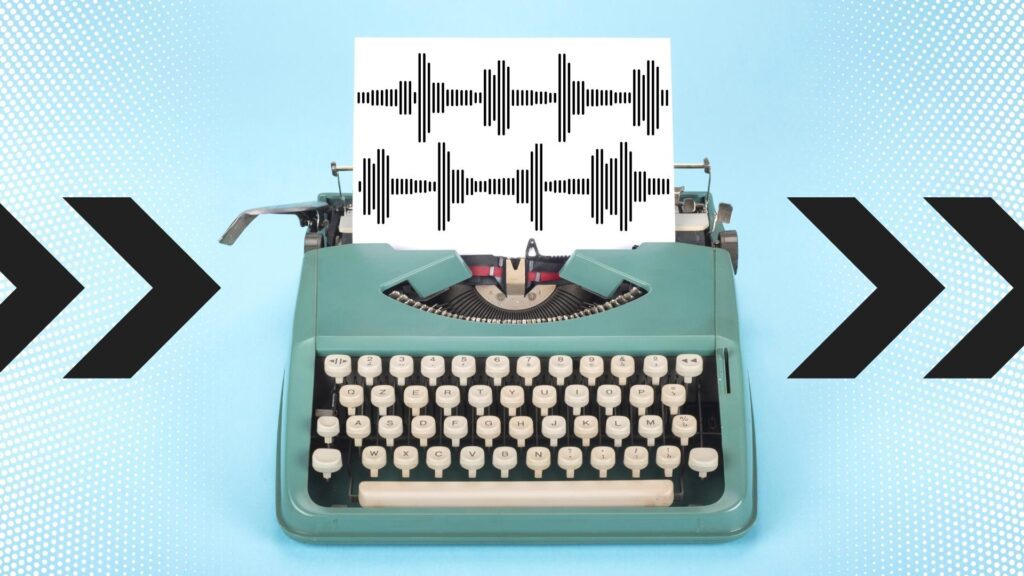
Podcast Accessibility: Open Your Mind, Grow Your Audience
Caroline Mincks repeats a clear and simple truth: “Deaf and hard of hearing people want access to podcasts.” In Sounds Profitable, the Seen and Not Heard creator explains how accessibility can “increase your audience, increase your profits, and — best of all — set an excellent example for how to do the right thing.”
(In his words), Sounds Profitable editor Bryan Barletta invited Mincks to “beat him up about where his podcast and website fell short in terms of deaf accessibility.” As Mincks details the what, why, and how of transcripts and other features, they address a common response: What makes “all that extra work” worth it?
“The truth is that for many, the biggest motivator is avoiding loss of revenue and audience members,” Mincks acknowledges. While access may not pay off instantly in downloads and shares, steady audience growth will realistically see returns. They leave us with this: “I believe we can all do better. Prove me right.”
Meanwhile, What is Google Podcasts Up To?
Google Podcasts is under quite a bit of pressure to announce what’s next, says Abner Li of 9to5Google. After major developments at Apple, Spotify, and Facebook, Google is the major player conspicuously missing from podcasting headlines. (Though could we really handle another one right now?)
The most obvious move would be for the company to start supporting paid subscriptions, Li says. It supports private RSS feeds, and its integration with Search is a significant advantage. It’s been surfacing playable episodes since 2019, “going beyond episode name and description to index and transcribe.”
During the relaunch in 2018, the company discussed how “Google Podcasts will be a launchpad for building an even better podcast listening experience using AI.” The example was automatic subtitling, which was added to Chrome in March. Li sees Google Translate being used for subtitling in the future.

Audry: Where Podcasters Collaborate and Grow
Whether you’ve been podcasting for days or years, collaboration is the key to growing your audience. Audry is a platform where you’ll find and connect with like-minded creators. Every day, large and niche podcasters are swapping ideas and organizing cross-promotions to reach their full potential.
A fast, free sign-up is all you need to start browsing the community. Filter over 12,000 profiles by category or activity, or search directly to find potential partners. You’ll even see details like listeners per episode. Organizing a collaboration or booking a guest spot is one conversation away.
In just one year, Audry has grown into a diverse community that listens, learns, and grows together. Ready to own your success story? Audry works with any hosting provider and is 100% free. Just enter your Apple Podcasts URL and explore the possibilities.
Here's what else is going on:
- Think tank: NPR is putting its podcasts on the radio in an effort to diversify a rapidly aging listenership. There is “little overlap” between its podcast and broadcast audiences, writes Elahe Izadi of The Washington Post. Code Switch will soon expose Fresh Air listeners to actual fresh air.
- Group chat: This Thursday at 3:00 CT, PMU presents “Turning Fans Into Friends” with Chris of Vasquez of AWeber. He’ll discuss identifying your podcast “super fans” and connecting them via email marketing, a recommended strategy in the subscription podcasting age. Live on YouTube.
- City sounds: Tribeca Film Festival has named its first official podcast selections. For the festival’s 20th anniversary, Tribeca Podcasts will feature in-person events from June 9-20. Speakers include Jad Abumrad (Radiolab) and Nigel Poor, Earlonne Woods, and Antwan Williams (Ear Hustle).
- Nailed it: Pronouncing names correctly is no small thing, especially when you’re behind the mic. There's no need for a dramatic apology or drawn-out explanation if you've made a mistake, Ruchika Tulshyan tells the host of NPR’s Life Kit. Just ask, practice, and remember what you hear.
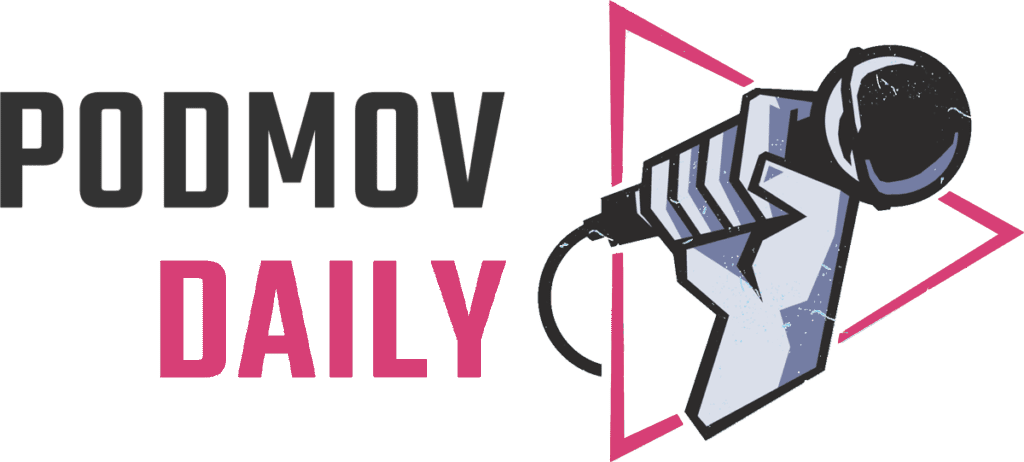
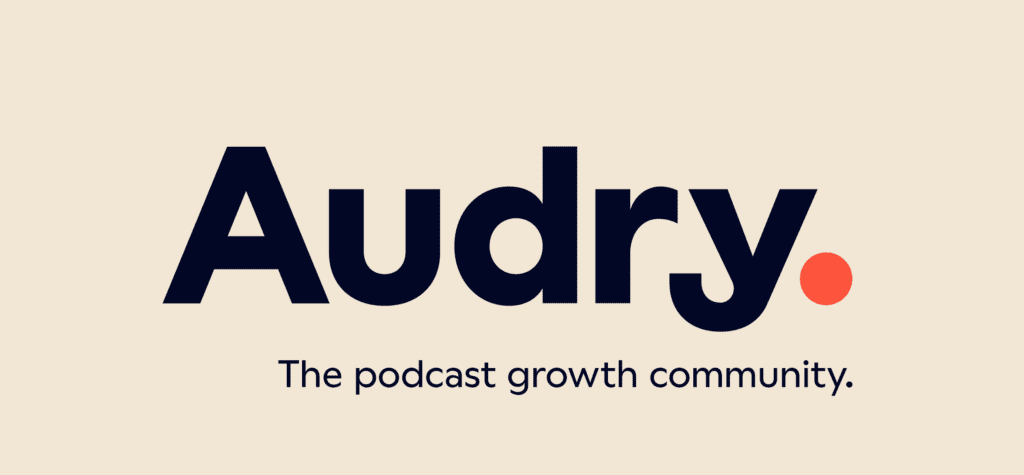
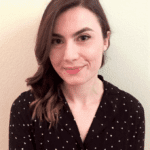
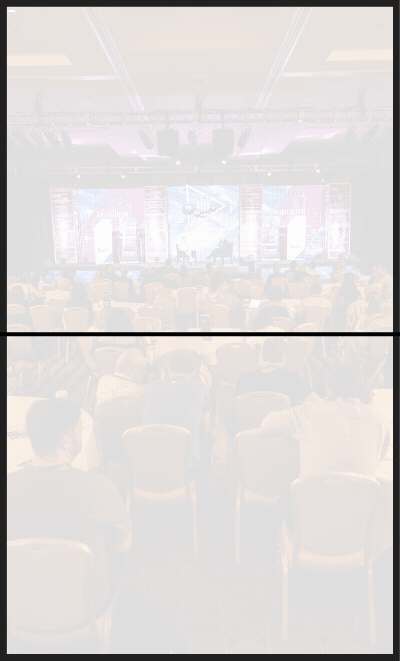


Join the Movement